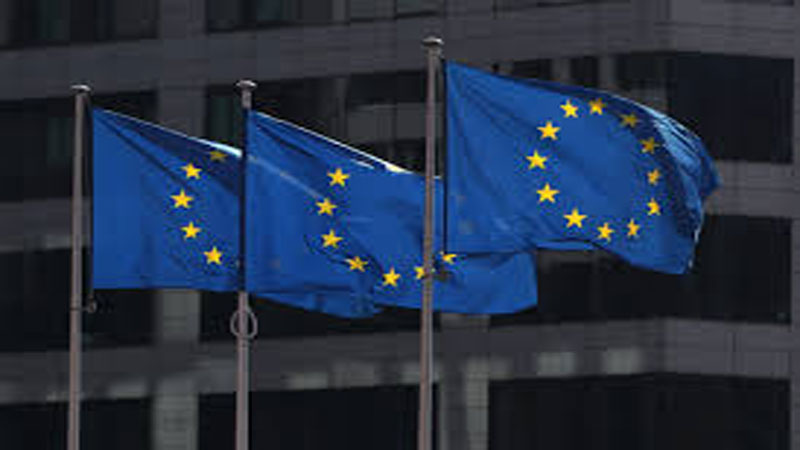The Covid-19 epidemic is a serious global crisis, affecting all countries. It is, therefore, not surprising, that it would create even more problems for the European Union, which is already a bit shaky. But before we discuss this, it might be useful to look at it in a historical context. European countries were at war with each other for as long as one can remembThe writer is a senior journalist and academic based in Sydney, Australiaer. These wars were for all sorts of reasons involving territorial claims, rival monarchical ambitions, religious/doctrinal disputes, colonial claims and so on. Those wars, increasingly, became bigger and more destructive. The wars in the 20th century became colossal affairs, terribly affecting the rest of the world for no fault of their own, in terms of casualties and economic disaster. The WWI, in which Germany was defeated with economic ruination, created conditions for the rise of Hitler, which, as we know, led to WWII, probably the largest known manmade suicidal exercise in human history.

However, a large trading zone and a common currency created conditions for expanded economies, which also increased indebtedness of some of the member states. And that created tremendous problems for these countries during the global financial crisis (GFC) in 2008-09, which has lingered on.
In the case of countries like Greece and Italy, they had accumulated large debts, owed to German banks and other relatively well-off member economies. When these debts were called in, the indebted states, like Greece and Italy, were required to undergo severe economic austerity, causing widespread disquiet and anger against the creditors. The result is that, to this day, these countries are having to do it hard, hoping to balance their books. Italy, for instance, has a debt to GDP ratio of about 130 percent.
The GFC seemed like it might be the end of EU, as heavily indebted member states felt hard done by their relatively richer neighbours, and there were calls in Greece and Italy to quit the EU. But it never came to that because, among other reasons, the return to pre-euro national currencies would considerably depreciate their value, thus increasing respective national debts considerably in euros. Therefore, Italy and Greece opted for hard economic times to weather the storm.
With the terrible blow of the coronavirus, Trump’s occasional barbs and evident dislike of the EU, and Putin only too keen for its disintegration, the EU is not looking good
As if that wasn’t hard enough, the Covid-19 has hit Italy and Spain hard and, increasingly, France (with UK having opted for Brexit), with many thousands dead and their economies virtually shut down. The scale of Italy and Spain’s tragedy has been unprecedented, with its health infrastructure completely unprepared and unequal to the task. And in these hard times, these two countries received virtually no assistance from the EU, when they had even run out of places to bury their dead. Of course, Germany and other EU member countries too had virus infections and fatalities (though the situation is now less dire) but nothing on the scale of Italy and Spain.
The EU has acknowledged its tardiness and EU president has issued an apology for that. But the hurt is still felt deeply by Italy and Spain, raising questions about the idea of a common Europe.
Even as Covid-19 retreats and hopefully eradicated in due course, the issue of livelihood in terms of reviving economies would come to the fore, which would mean creating liquidity in terms of stimulating economies, particularly for Italy, which is already in deep debt. This is where Italy, Spain and even France, would need help. And they would like the EU to raise money by way of EU “corona-bonds.” It is reported that nine members of the eurozone, including France, have called for the creation of coronabonds.
That, in essence, means that the relatively richer 10 member countries of the zone will be kind of guarantors for such debt. In this way, it will be relatively easy to raise money at interest rates that might not be punitive. However, these 10 member countries, including Germany and Netherlands, have reportedly rejected the call.
There are other ways of help from the European Central Bank, but that will be very limited in scope and hence not much help to revive the sick economies of countries like Italy and Spain, for instance.
Despite new strains and stresses from Covid-19, the EU will probably still survive in the midst of growing economic misery and social unrest. This is because, with such huge debts, starting all over from such a low point for any of them, will be too difficult. But with the terrible blow of the coronavirus, Trump’s occasional barbs and evident dislike of the EU, and Putin only too keen for its disintegration, the EU is not looking good.
https://www.schengenvisainfo.
